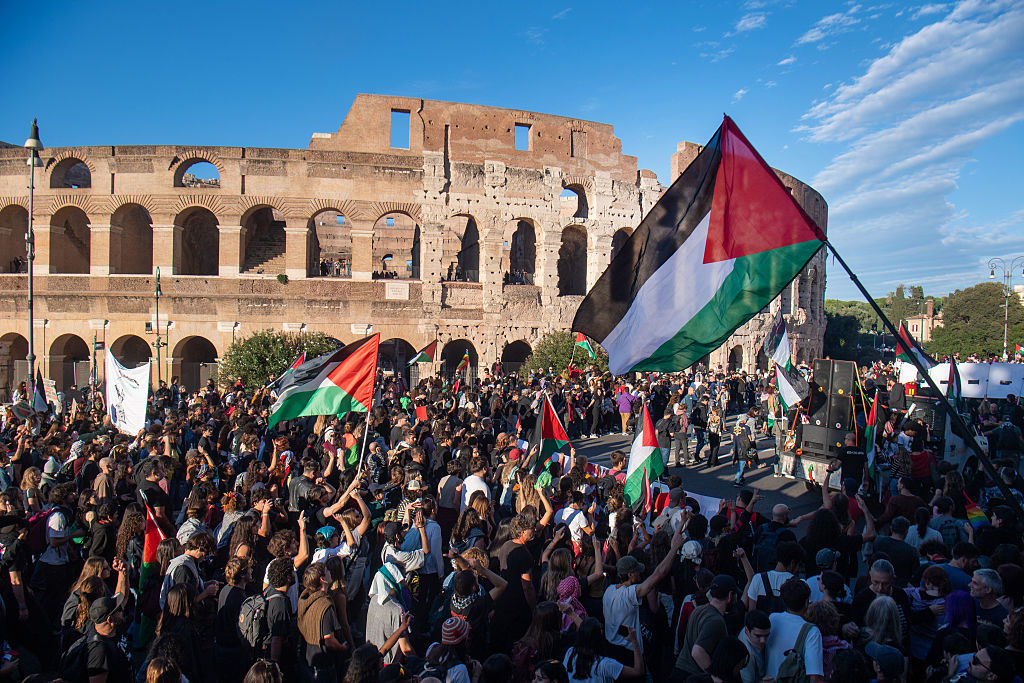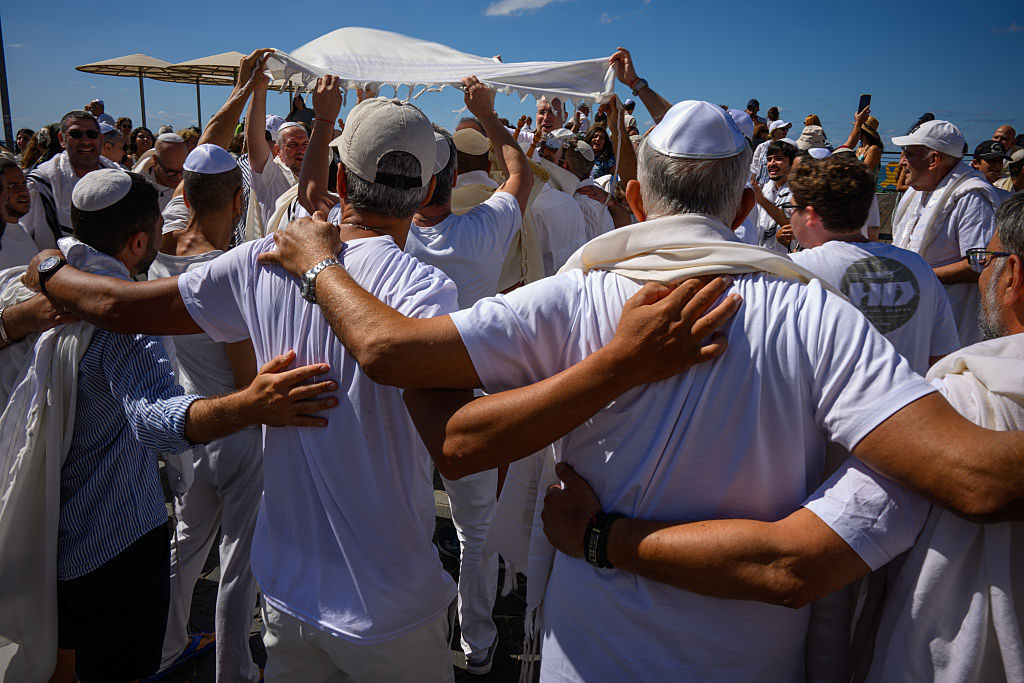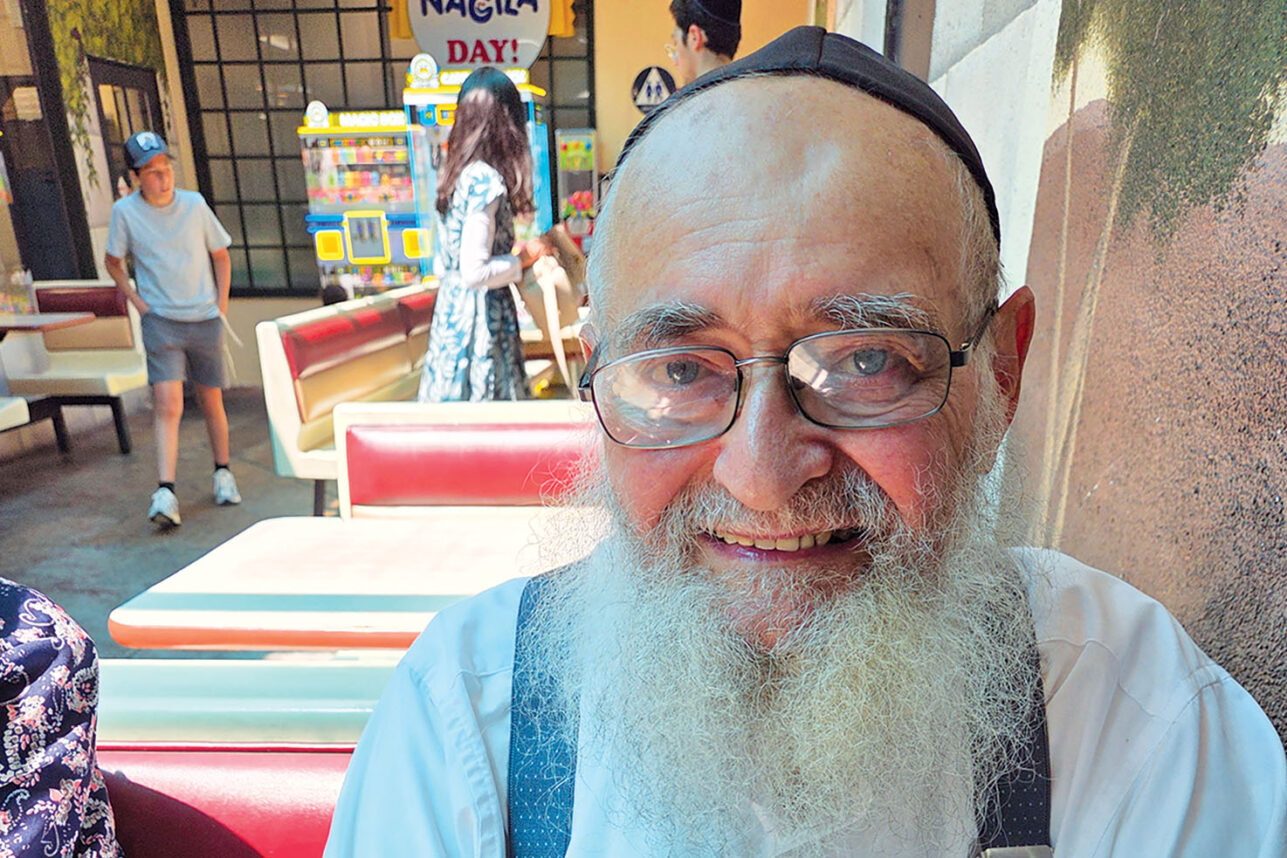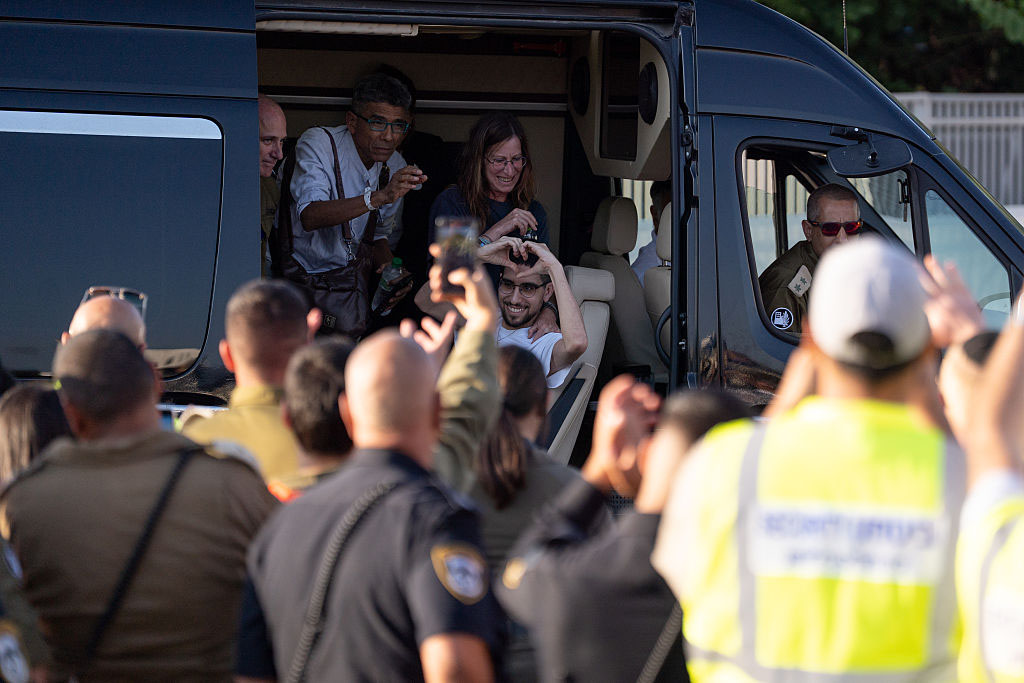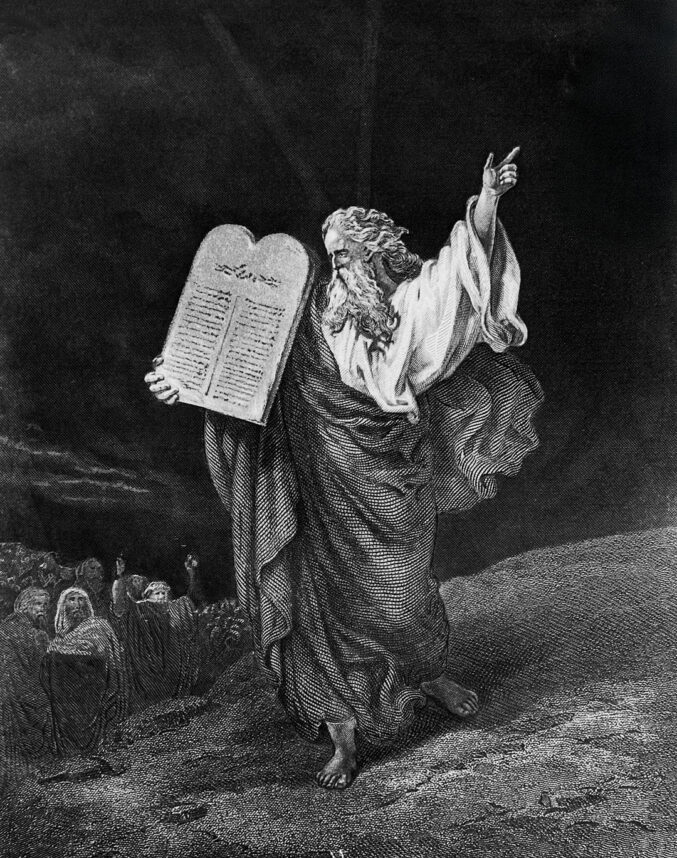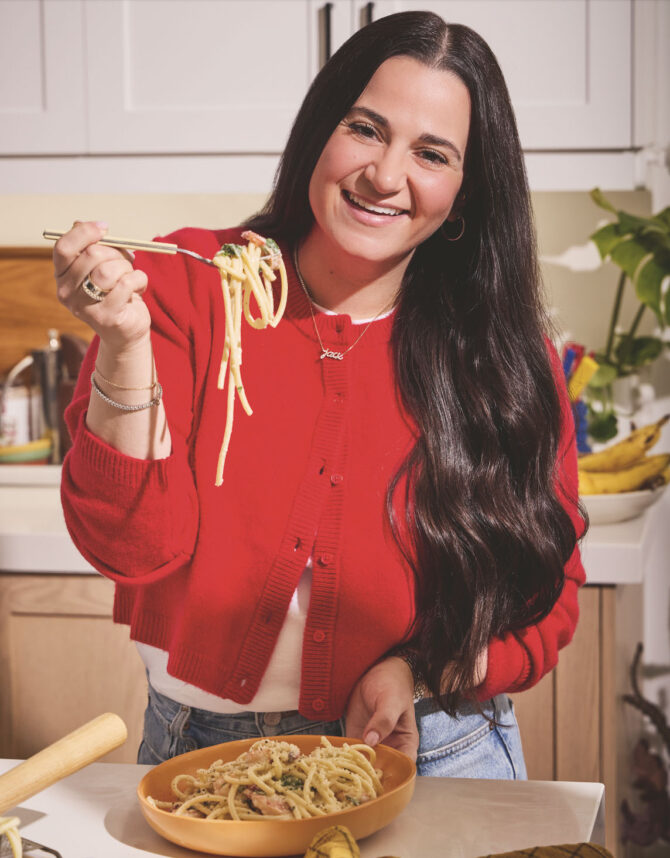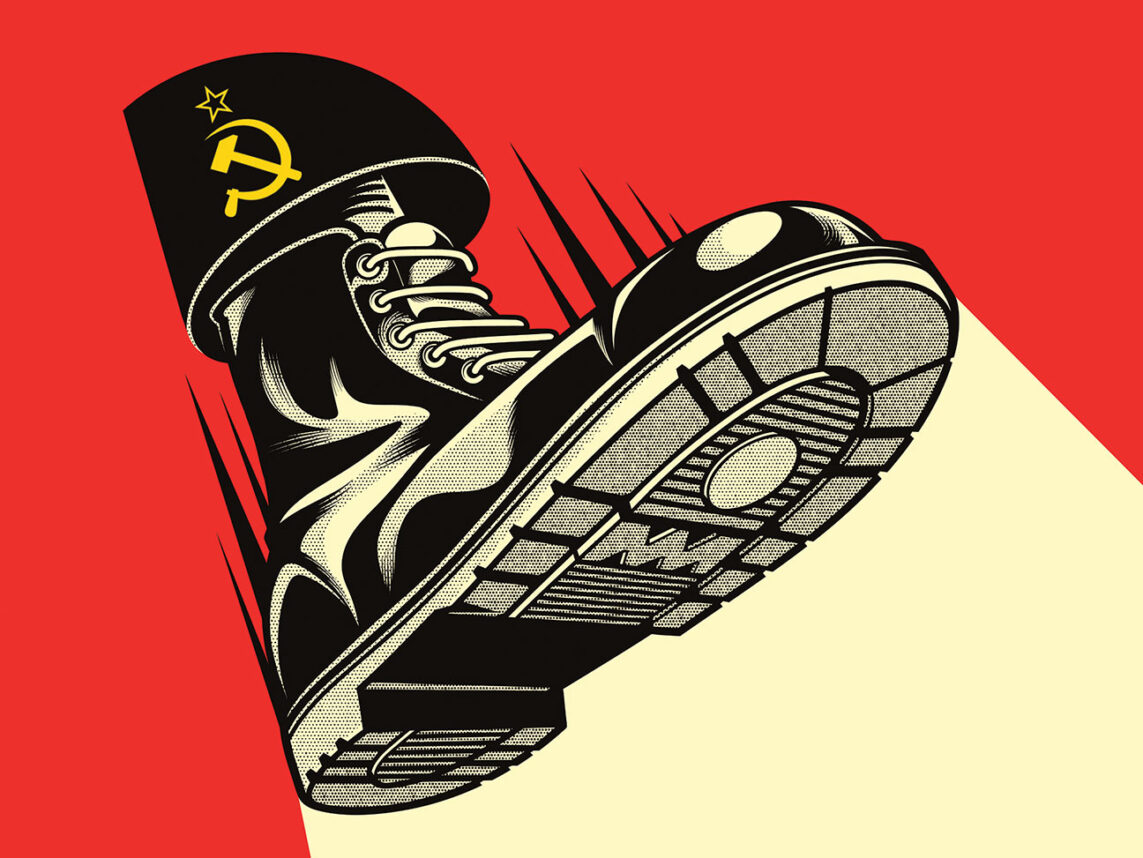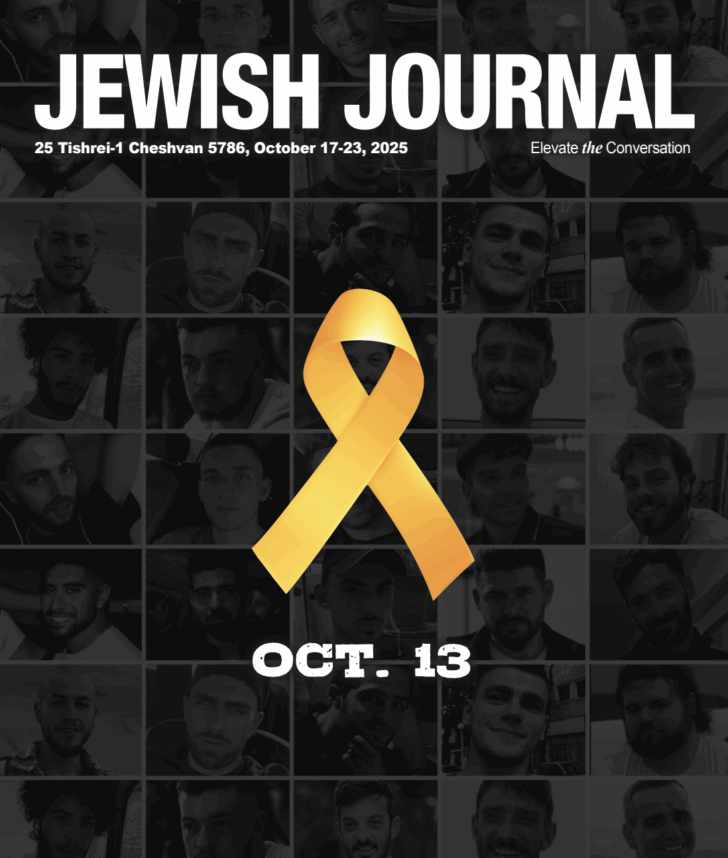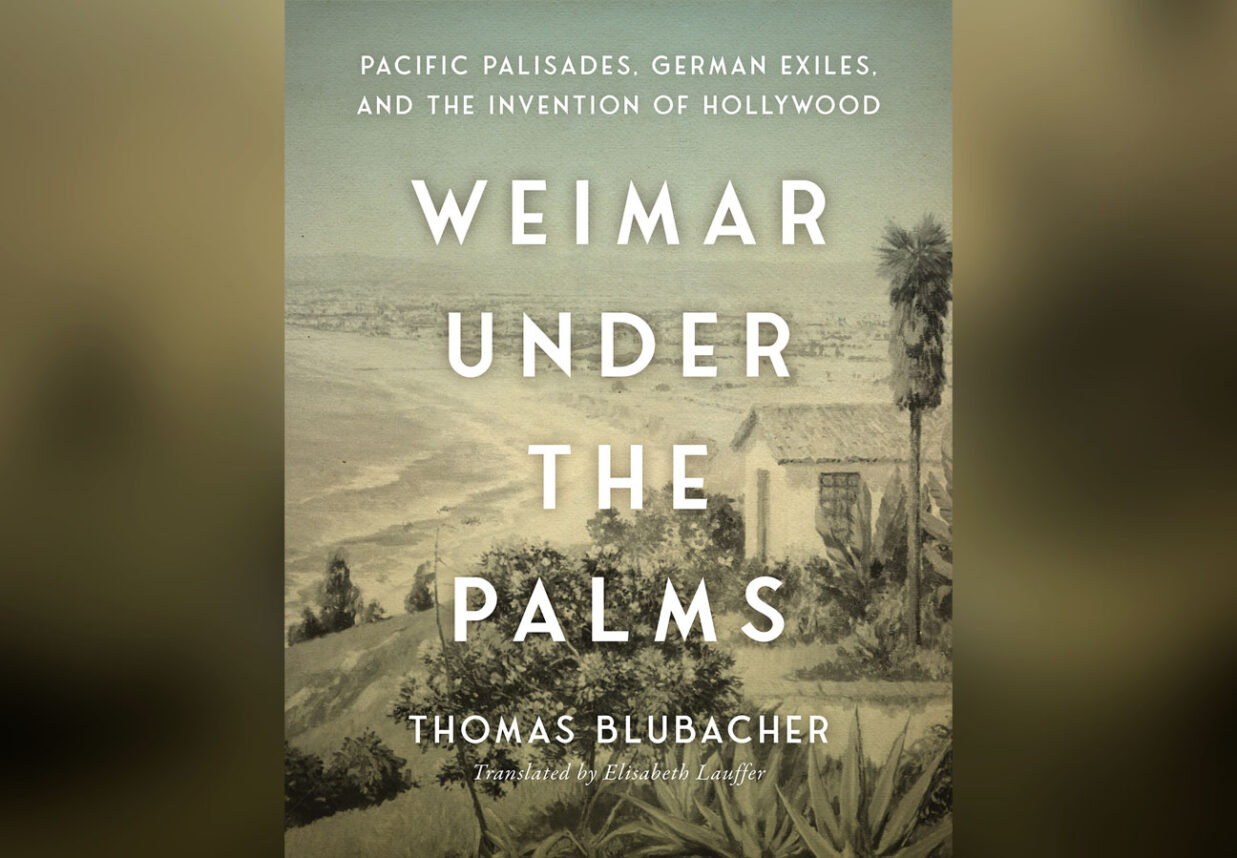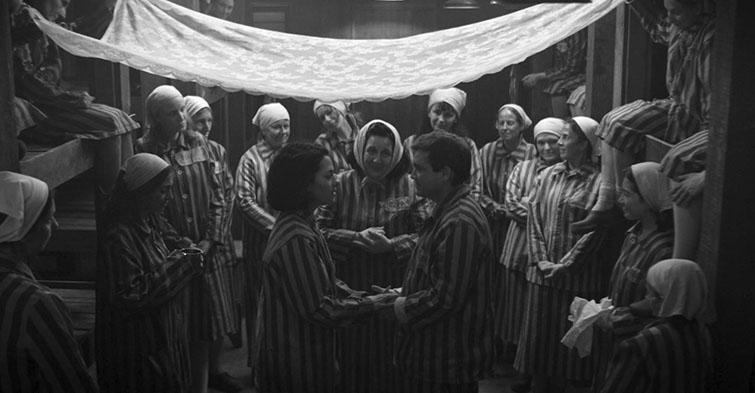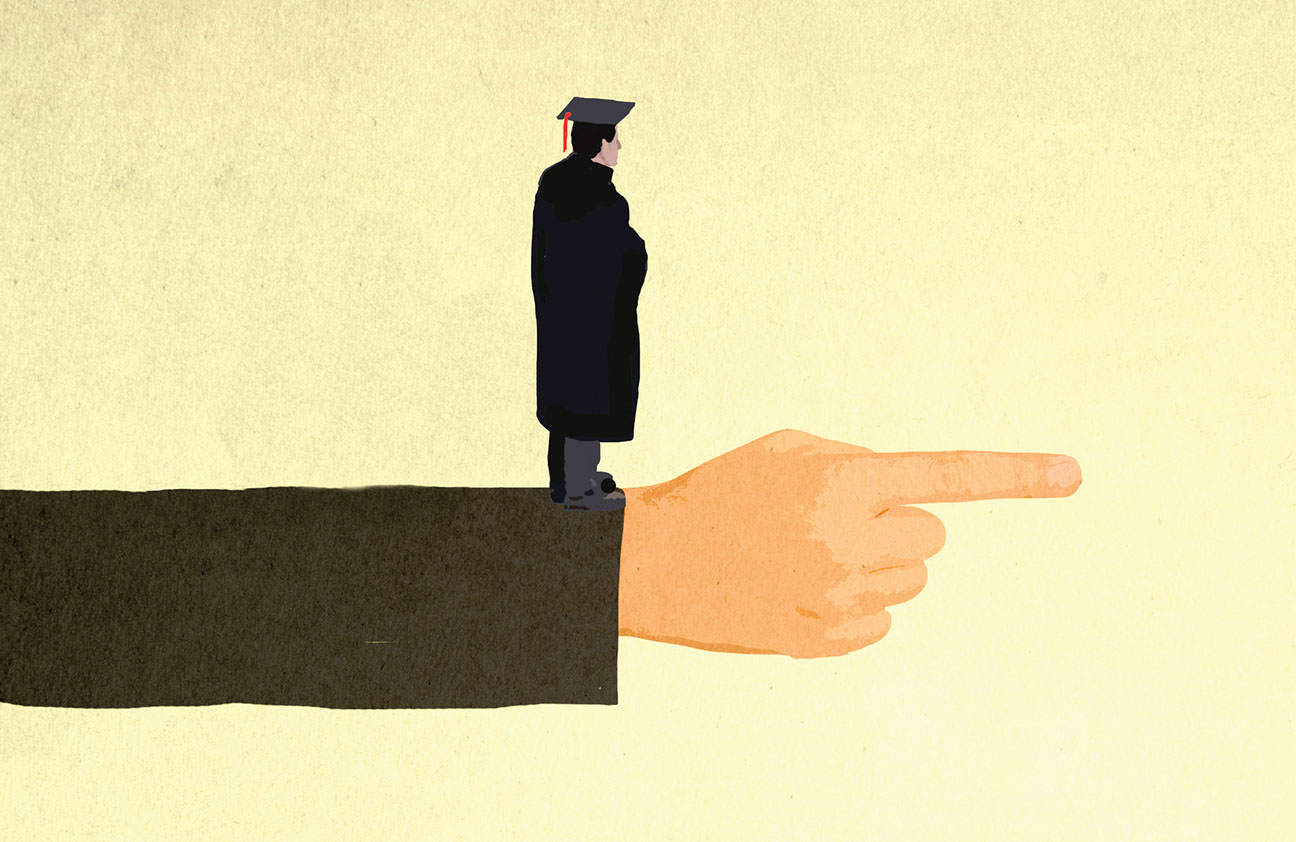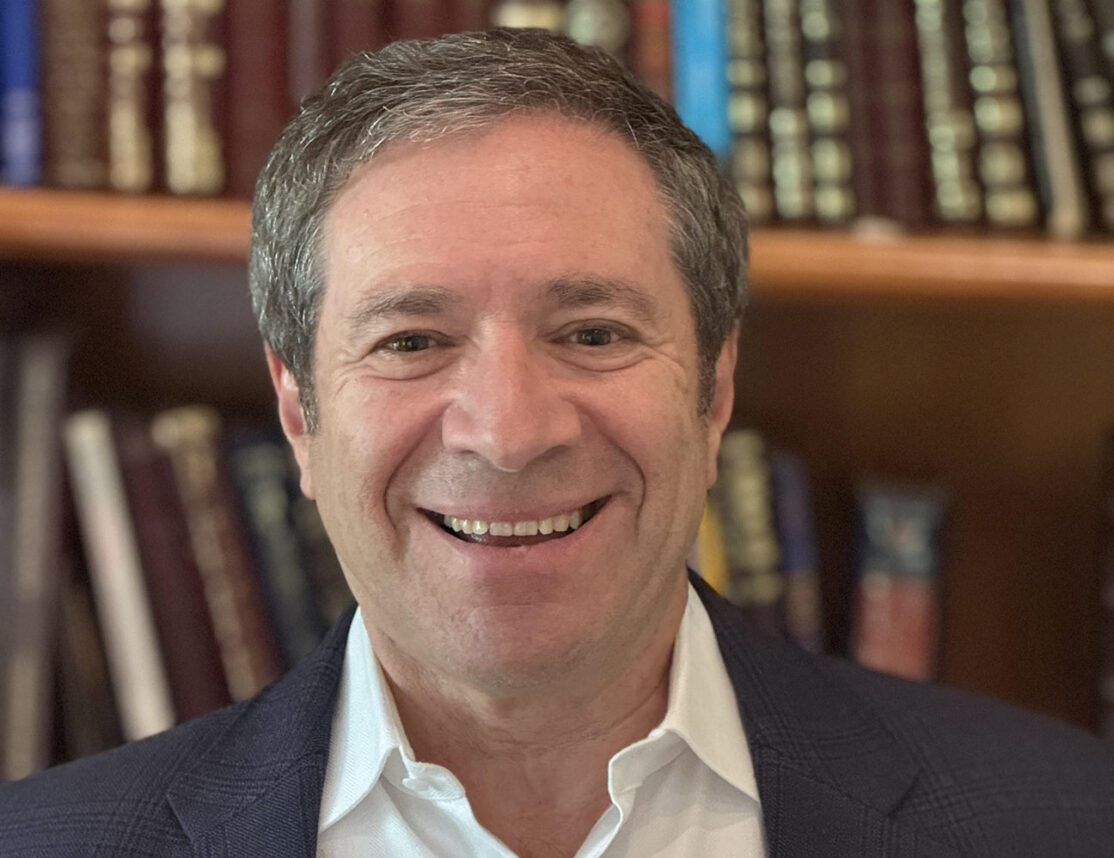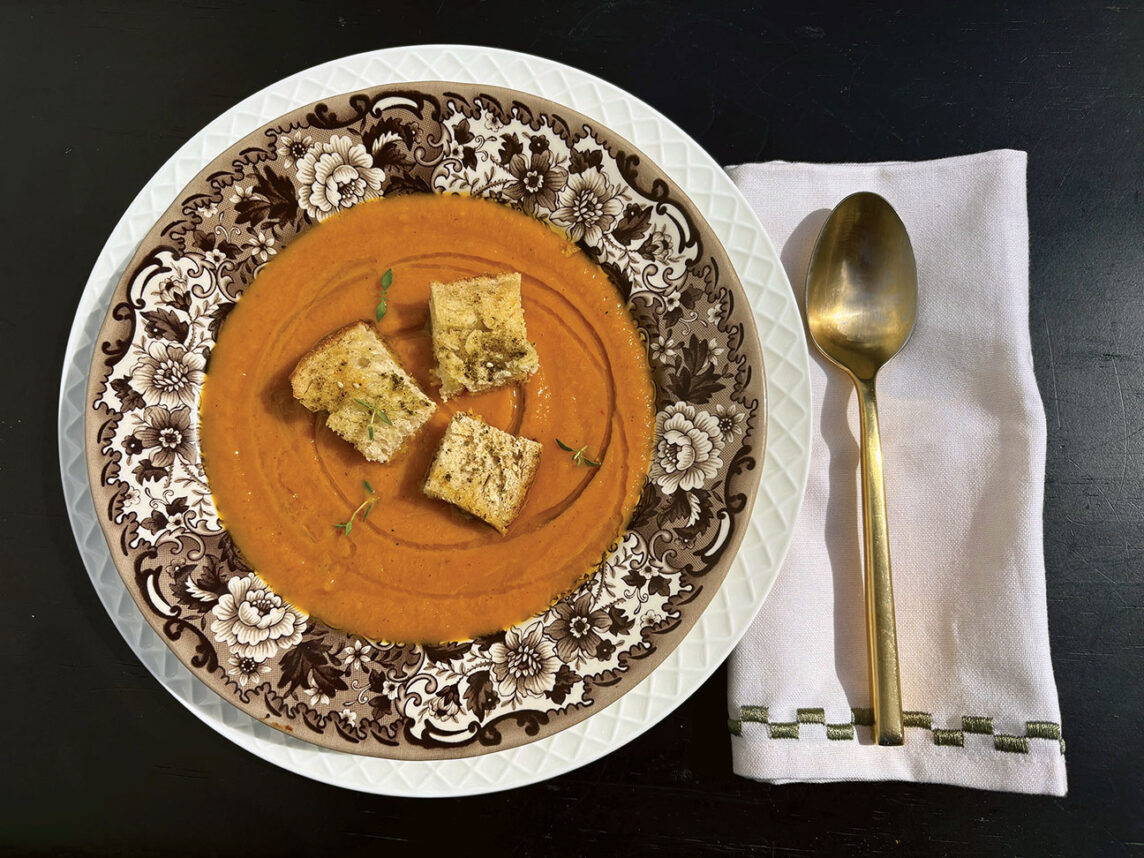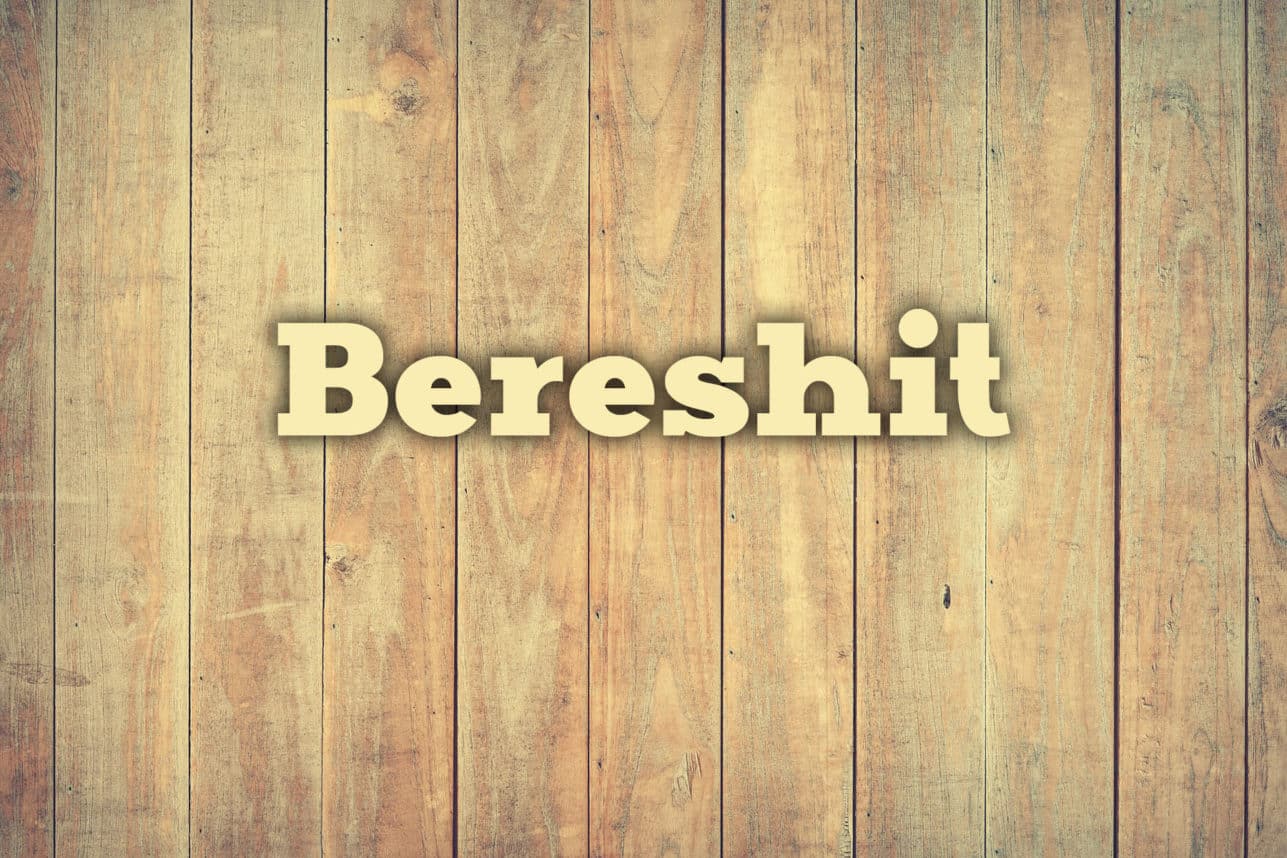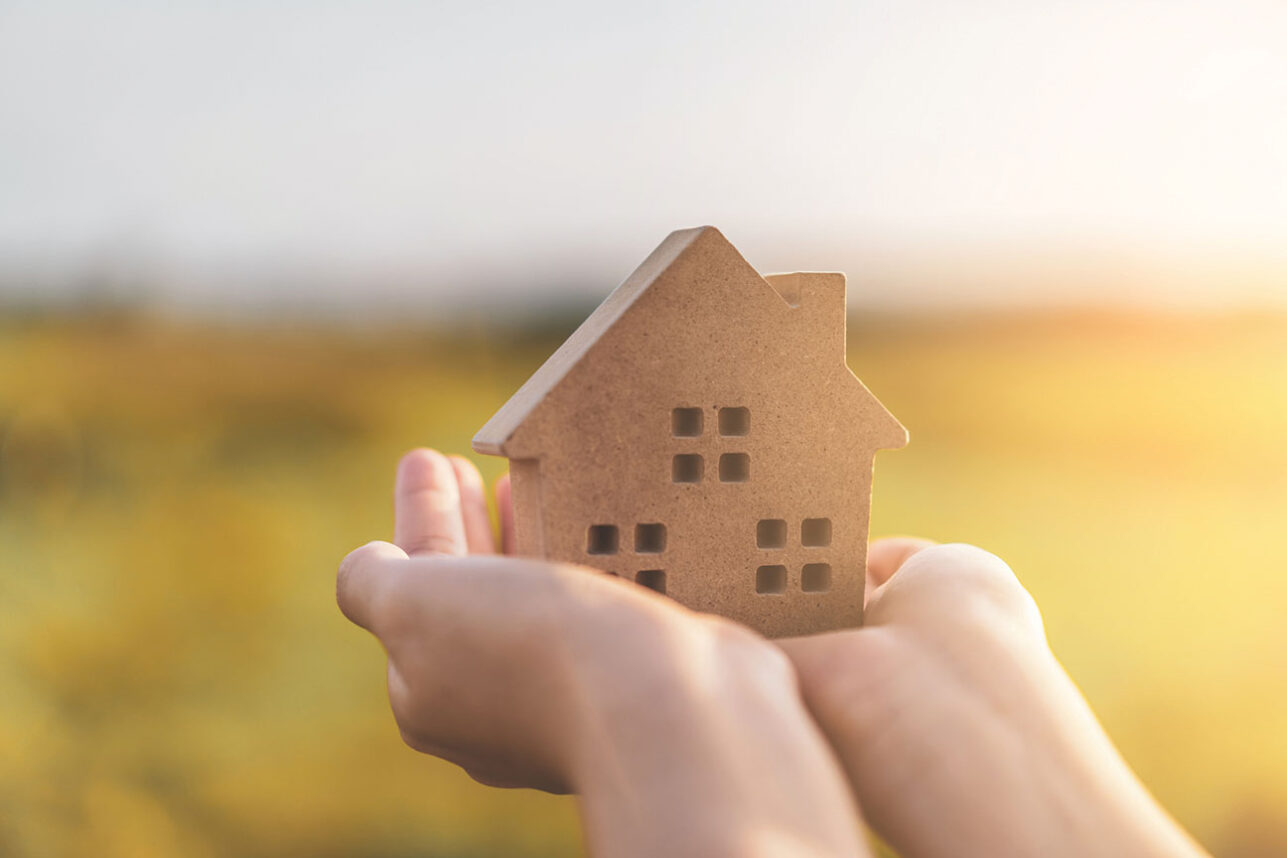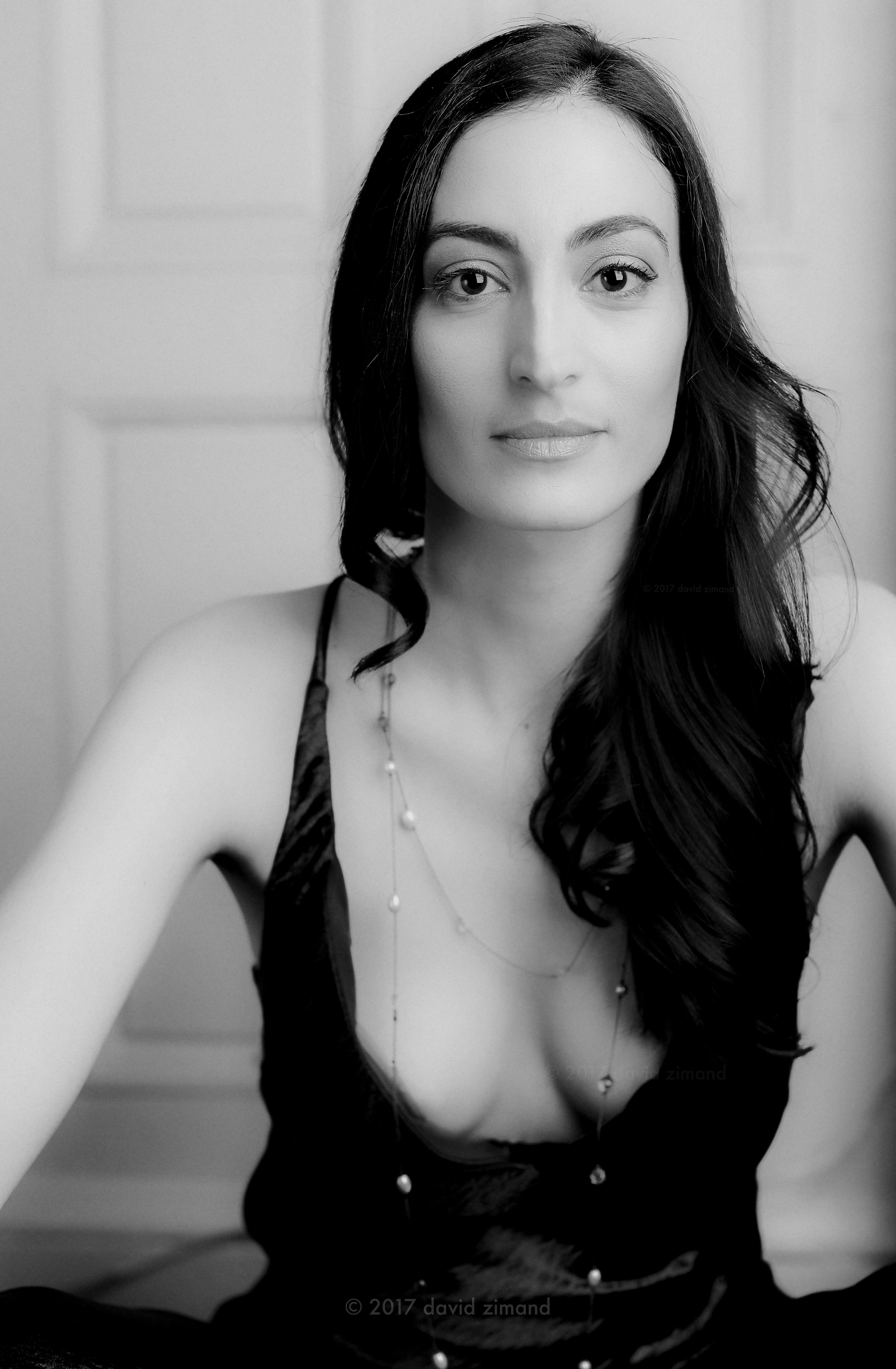
With a French father and Lebanese mother, “Fauda” star Laëtitia Eïdo attributes her versatility as an actress to her mixed ethnicity, as well as family religious ties to “the three big religions”: Islam, Christianity and Judaism.
In her breakout role on the Israeli-created Netflix hit, Eïdo plays Shirin, a Palestinian doctor who works in the West Bank and becomes romantically involved with an Israeli special forces officer working undercover as an Arab. During an interview from Paris, Eïdo talked about the ways “Fauda” — which premiered its second season opener this month at the Israel Film Festival in Los Angeles — has resonated across the globe and impacted her own attitude toward the Israeli-Palestinian conflict. You can also catch her in theaters on Nov. 17 as the star of the Israeli film “Holy Air.”
Jewish Journal: I read that you’re French of Lebanese descent. What is your relationship to Israel/Palestine and how did you end up on an Israeli show?
Laëtitia Eïdo: I was born and raised in the south of France in a small area called Ardèche, a very beautiful town next to Lyon. [But] my family is very mixed. Actually, [while working in Israel] I discovered that I have some Lebanese Jewish family that came to Israel in the ’70s. Before that, my relationship to the show was just the relationship of a French actress brought to Israel by her roles. It started with “Dancing Arabs” (“A Borrowed Identity” in the U.S.) by Eran Riklis, and what happened is “Fauda’s” director watched the movie and wanted to work with me. [One day] my mother told me, “By the way, do you know that we have Jewish family?” I was even more mixed than I thought!
JJ: How does your mixed background serve you as an actress?
LE: What I try to be in my life and bring through my work is to be a link between people. My character, Shirin, in “Fauda,” is close to this, because she has a French father and spends more time in Paris than in Palestine. And the fact that she hasn’t spent much time in Palestine or Israel makes her neither on one side or the other. It positions her in this in-between space, which allows her to feel compassion, which is important as a doctor. And it allows her to refuse to be part of the conflict. She’s able to break those imaginary borders between people. This is exactly what I have inherited, being a mix of three religions and mixed cultures.
JJ: What are the biggest misconceptions you think people have about Israel and Palestine?
LE: It’s the same misconception on both sides, because I’ve been on both sides of the border. People are told that they’re different and they should fear the other side. But when it comes to a personal level — not on a political one — families are the same on both sides. They laugh and cry for the same things. And, actually, I really can’t tell where the hummus is the best!
JJ: Israel is controversial subject matter in many parts of the world. Has the reception to “Fauda” been different depending on where you are in the world?
LE: The reception to the show is intense everywhere. Apparently, the show is becoming a big hit in the Middle East — in countries like Lebanon, Qatar and Saudi Arabia. In Israel and Palestine, some people love the show, and others think the show is not balanced enough. But it’s really important to remember the show is a fiction, made of stories based on a much more complex and unreachable reality. As an artist I focus on some positive things, like the fact that since the show was first aired in Israel, some teachers had to open Arabic classes for new students wanting to understand their neighbors.
JJ: On “Fauda,” your character has an affair with an Israeli who pretends to be Arab. Do you think it’s possible an Israeli/Palestinian love affair could occur under the current circumstances?
LE: I can only tell what I see around me. It’s still too rare, but these love stories do exist. They’ve always existed in any conflict in the world, and they will [continue to] exist. More, of course, would be better, because it helps shutting down the fear, as people and families get to know and understand each other through this mixed relationship.









